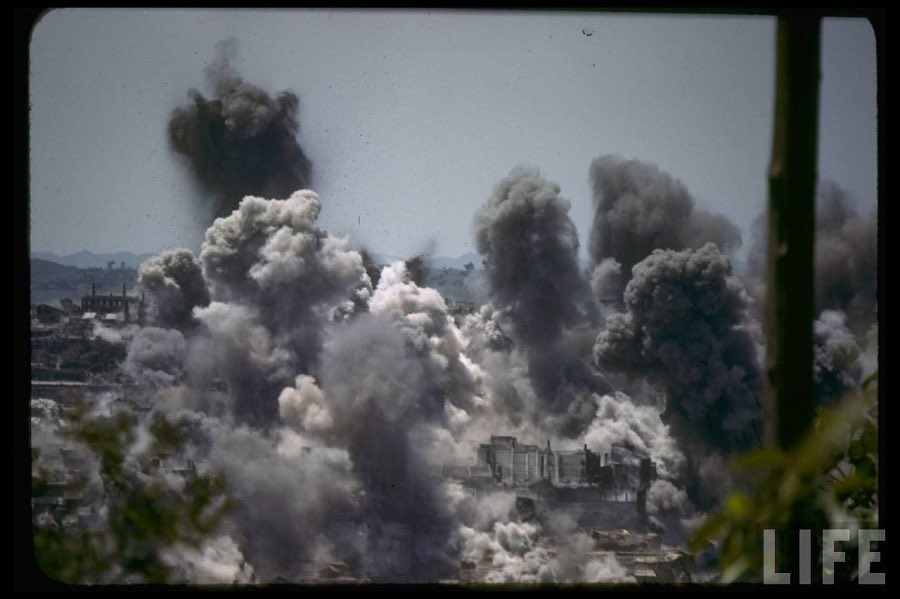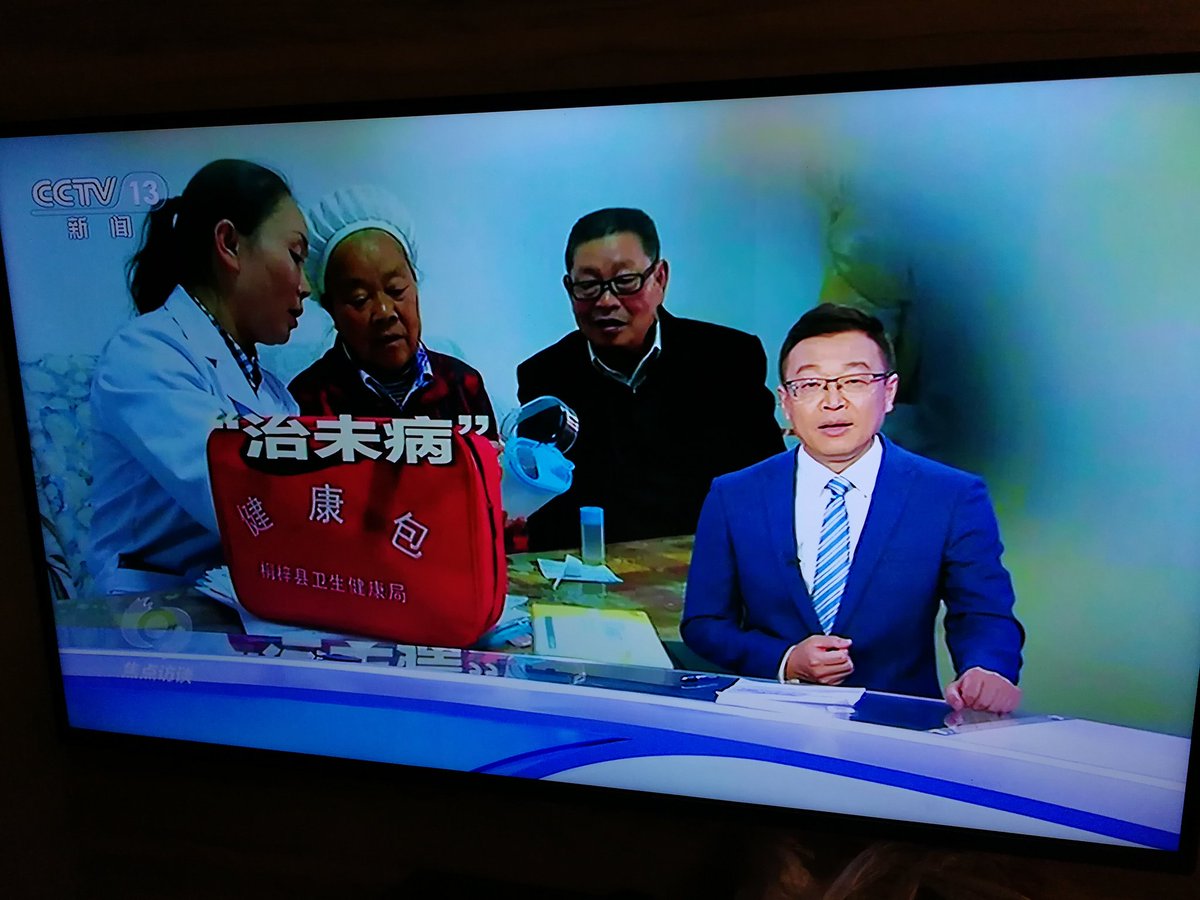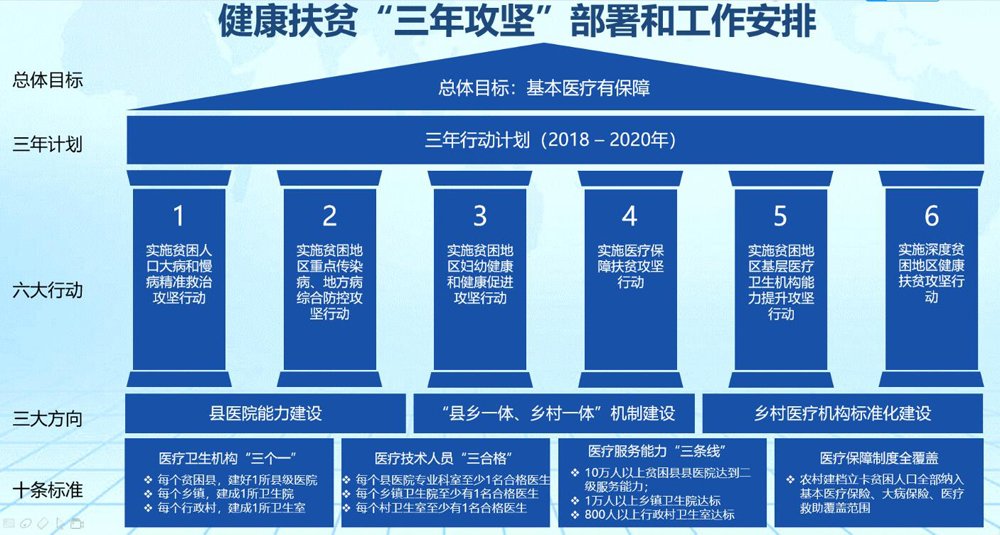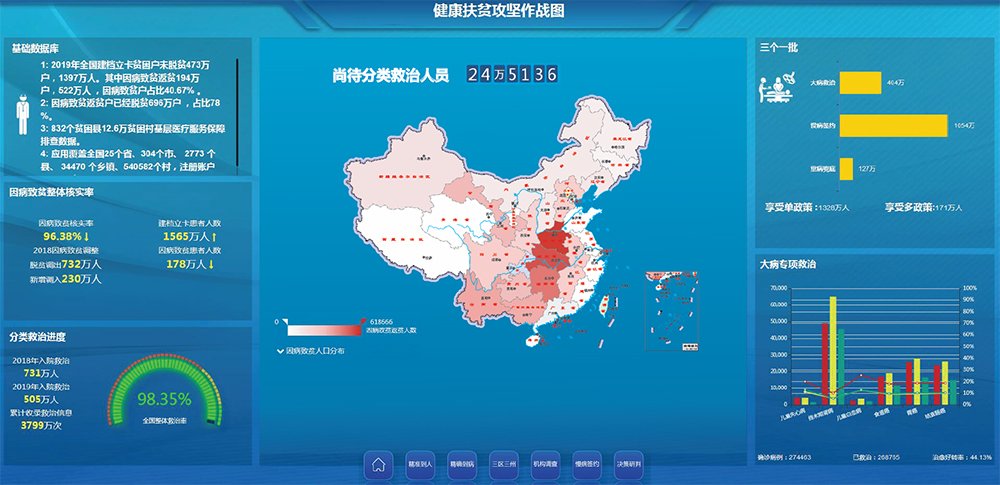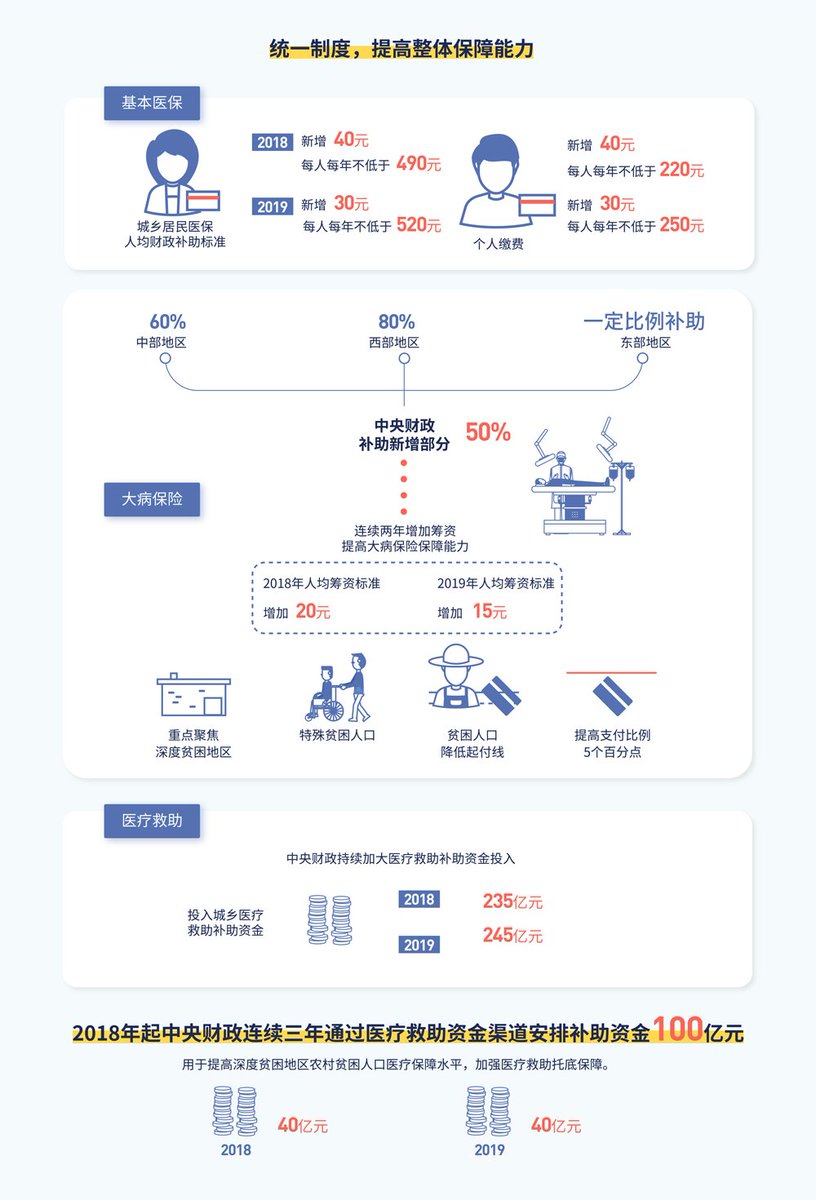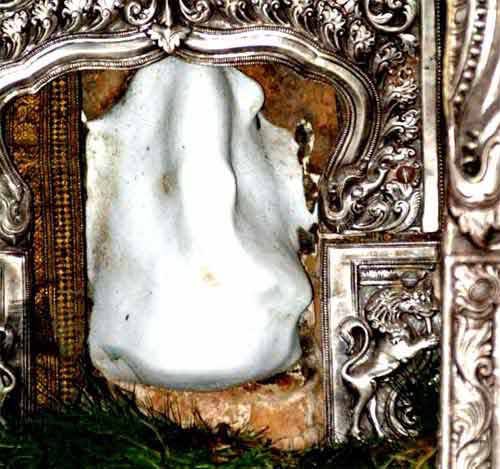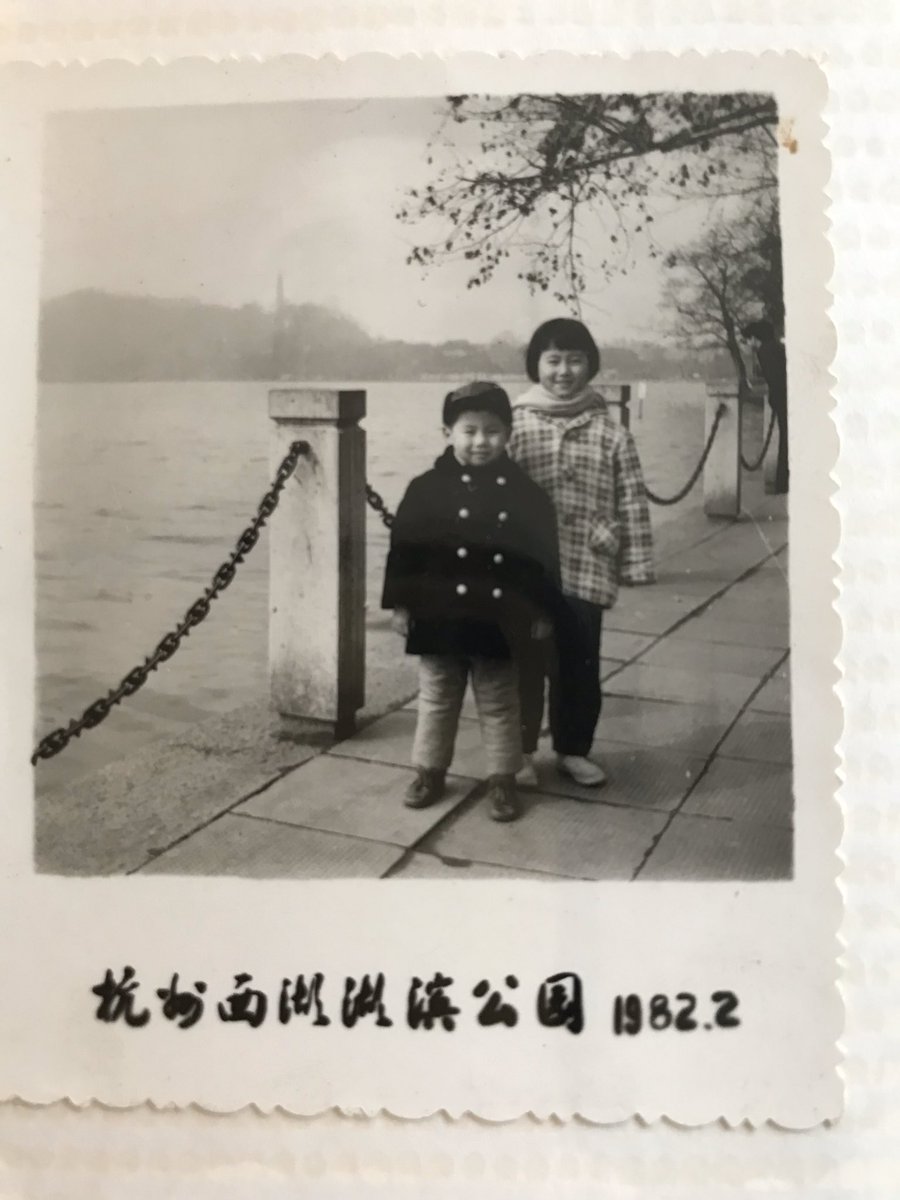
As someone who actually grew up in China in 1980s, I can actually talked abt how commemoration of Nanjing Massacre changed inside China. I will make a thread
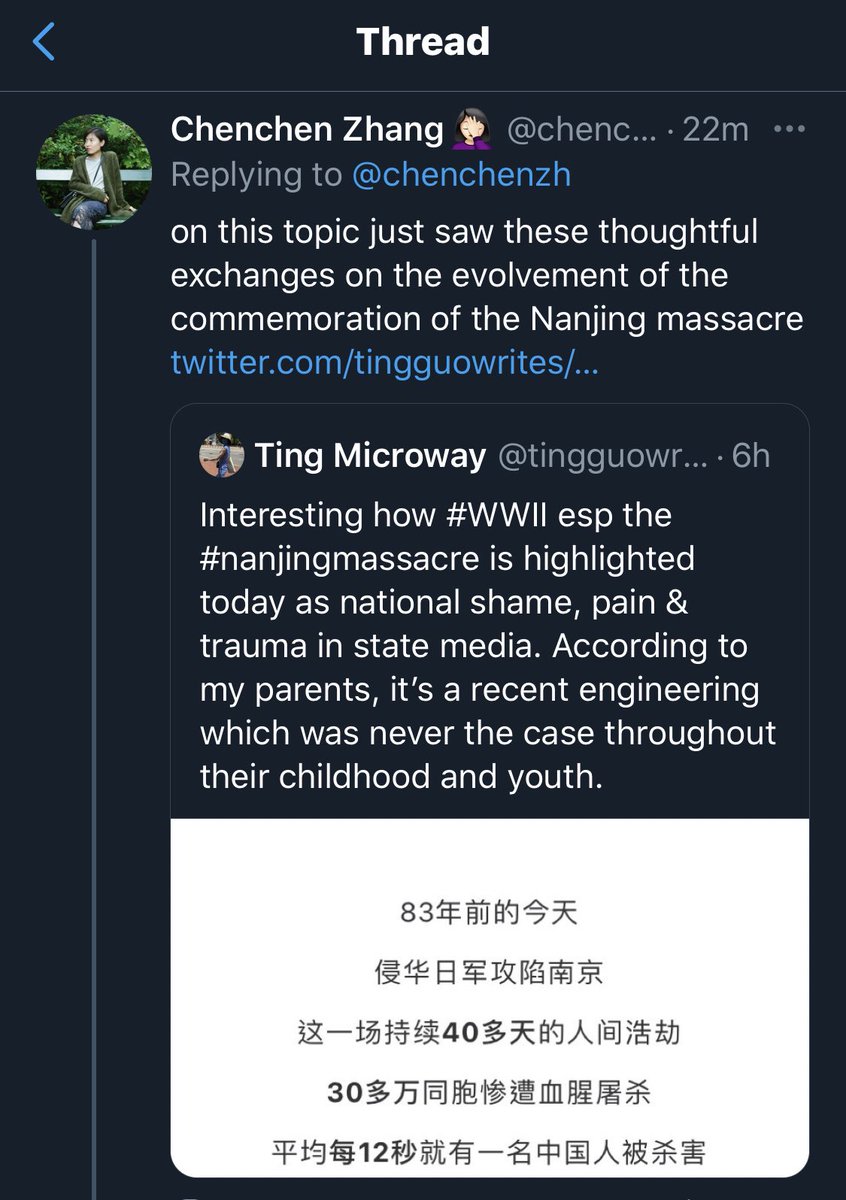

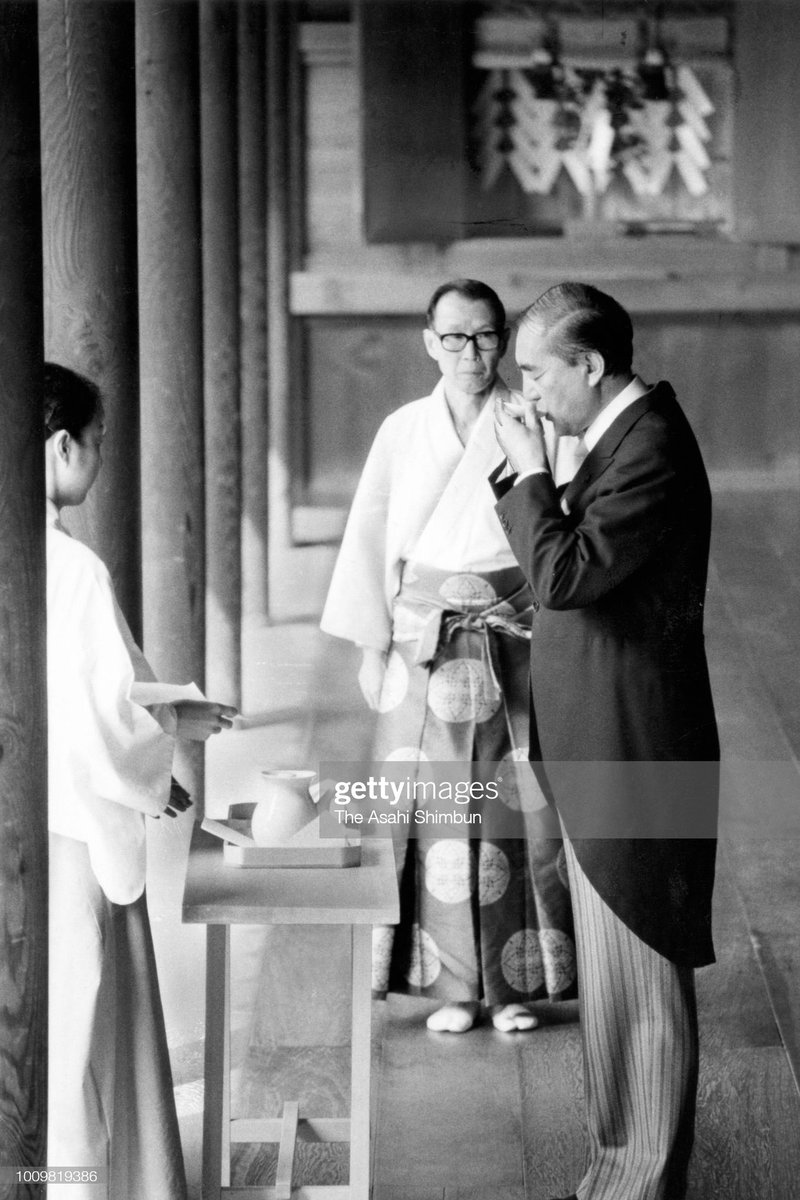
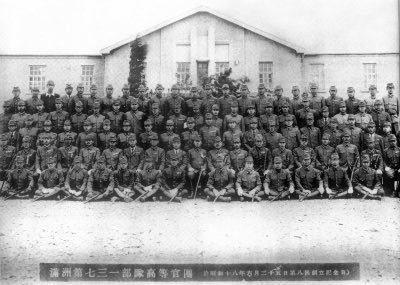
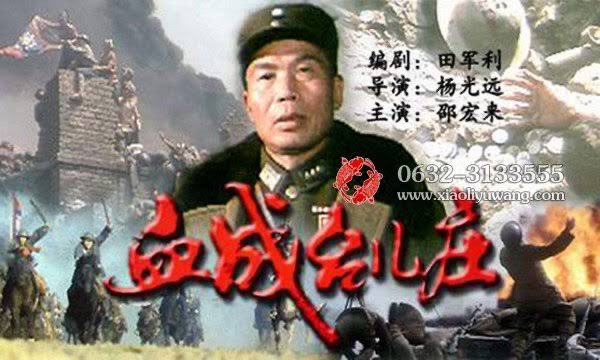
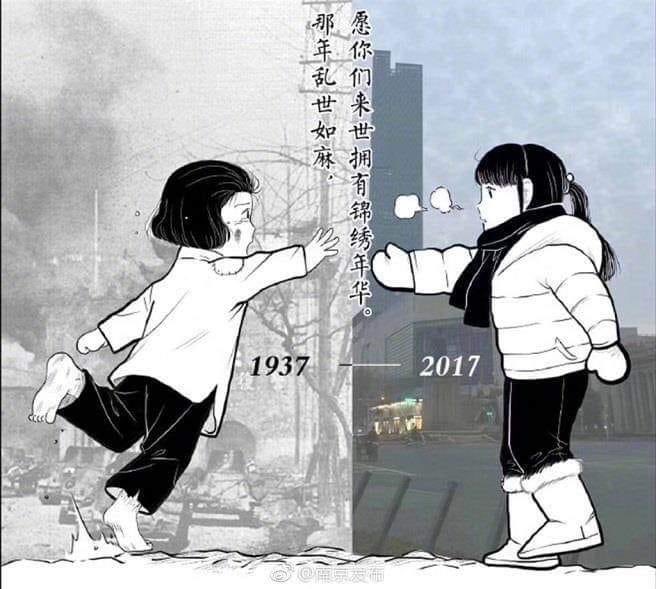
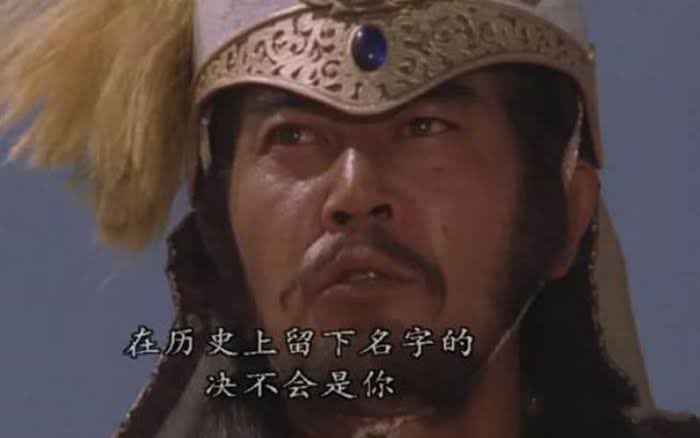
More from China
THREAD: Last week, China’s Cabinet announced that, for the first time, fees will be charged for “excessive” freedom of information requests, potentially meaning huge out-of-pocket expenses for lawyers and others who rely heavily on public information from the Chinese government.
According to a notice published Dec. 1, government offices will be able to choose from two different rate schemes: one based on frequency, one based on size. https://t.co/KxUSE3dXEu
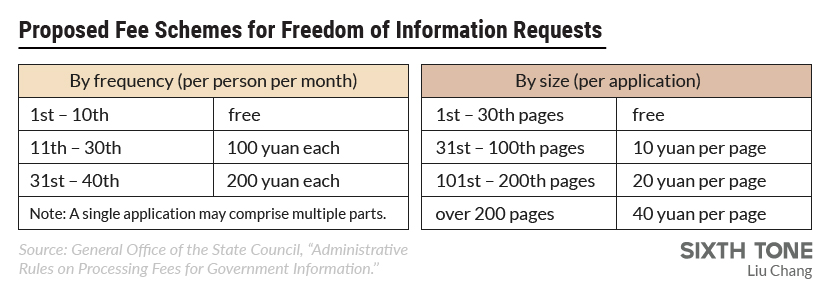
The “size” route is especially problematic. Here’s why:
If you’re an activist or a lawyer seeking a copy of an 800-page environmental impact assessment report, it’s going to cost you around $4,000 under this scheme.
In the past, disclosure requests were essentially free in China because there were no rules for charging fees.
In fact, last December an administrative agency in Shenzhen was ordered to reimburse an applicant after sending him a pay-on-delivery parcel.
According to the State Council’s Dec. 1 notice, the aim of adding the fees isn’t to generate revenue, but to “guide applicants to exercise their rights reasonably.”
Regardless of intention, however, the new costs will likely be a hindrance to those seeking public information.
According to a notice published Dec. 1, government offices will be able to choose from two different rate schemes: one based on frequency, one based on size. https://t.co/KxUSE3dXEu

The “size” route is especially problematic. Here’s why:
If you’re an activist or a lawyer seeking a copy of an 800-page environmental impact assessment report, it’s going to cost you around $4,000 under this scheme.
In the past, disclosure requests were essentially free in China because there were no rules for charging fees.
In fact, last December an administrative agency in Shenzhen was ordered to reimburse an applicant after sending him a pay-on-delivery parcel.
According to the State Council’s Dec. 1 notice, the aim of adding the fees isn’t to generate revenue, but to “guide applicants to exercise their rights reasonably.”
Regardless of intention, however, the new costs will likely be a hindrance to those seeking public information.
You May Also Like
Krugman is, of course, right about this. BUT, note that universities can do a lot to revitalize declining and rural regions.
See this thing that @lymanstoneky wrote:
And see this thing that I wrote:
And see this book that @JamesFallows wrote:
And see this other thing that I wrote:
One thing I've been noticing about responses to today's column is that many people still don't get how strong the forces behind regional divergence are, and how hard to reverse 1/ https://t.co/Ft2aH1NcQt
— Paul Krugman (@paulkrugman) November 20, 2018
See this thing that @lymanstoneky wrote:
And see this thing that I wrote:
And see this book that @JamesFallows wrote:
And see this other thing that I wrote:

